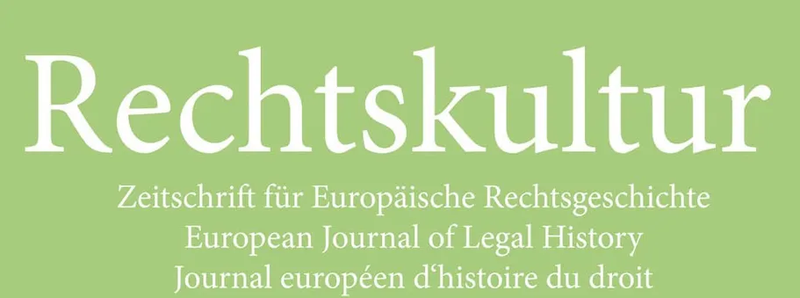Legal historians have analysed the characteristics of merchant guilds and nationes (i.e., associations of foreign merchants), as well as the political clout of merchants, including foreign ones. However, how the legal status of citizens related to the merchant class and how its contents were influenced by trade remains largely unclear. Did governments have a policy of citizenship that was tailored to commercial interests? Were foreign merchants belonging to a separate legal category of resident? If so, what defined this category? To what extent could different types of legal status and membership of communities or guilds overlap? And how did all this affect merchants’ identities, their self-images of belonging? This collection of essays provides anwers to these questions.
Table of contents:
Introduction
1 The Bannum in Italian Bankruptcy Law (Fourteenth-Fifteenth Centuries)
Marta Lupi
2 “Without regard to foreignness” The Reciprocal Equal Treatment of Foreign Creditors in the Early Modern German Territories
Remko Mooi
3 Modifying Procedural Practices, Shaping Economic Identities The Middle Class and Negotiated Debt Adjustment in Commercial Courts in Belgium (1883–1914)
Pieter De Reu
4 Citizenship in Early Modern Amsterdam An Artisanal Identity?
Marco In ‘t Veld and Maurits den Hollander
5 The Pareres of the Governors of the Frankfurt Exchange Legal Opinions of Frankfurt Merchants in the Eighteenth Century
Sonja Breustedt
6 Identity, Conflict and Commercial Law Legal Strategies of Castilian Merchants in the Low Countries (Fifteenth–Sixteenth Centuries)
Gijs Dreijer
7 The Learning Market in Early Modern Antwerp (Seventeenth–Eighteenth Centuries) Circulation of Knowledge within the Context of Private Partnership Contracts
Patrick Naaktgeboren
8 Family, Religion, and Business Cooperation Jewish Private Partnerships in Eighteenth-Century Amsterdam
Manon Moerman
9 “Tolerate their religion, but not their usury” Conrad Summenhart on Tolerating Jewish Bankers in an Era of Mass Expulsions
Joost Possemiers
On the editors:
Dave De ruysscher is Associate Professor at the Department of Public Law and Governance at Tilburg Law School, Tilburg University, The Netherlands, and Associate Professor at the Department of Interdisciplinary Studies of Law at the Faculty of Law and Criminology, Vrije Universiteit Brussel, Belgium. Albrecht Cordes is Professor of Medieval and Early Modern Legal History and Civil Law at the Goethe University Frankfurt/Main. His research is especially focused on the history of commercial law, Hanseatic legal history and the history of conflict resolution. Serge Dauchy is Senior Research director at the CNRS and director of the Centre d'Histoire Judiciaire of Lille University, France. He is also Professor at the Faculty of Law of the Université Saint-Louis of Brussels, Belgium. His main research topics are the history of civil procedure, comparative history of central courts and the history of Québec. Stefania Gialdroni is Assistant Professor at the Department of Law at Roma Tre University, Italy. She will soon move to the Department of Private Law and Critical Legal Studies at the University of Padua (Italy), where she has been promoted to the position of full professor. Heikki Pihlajamäki is Professor of Comparative Legal History at the University of Helsinki, Finland, and Academy Professor at the Academy of Finland. He has published extensively on the legal history of Scandinavia, Europe and America, including Conquest and the Law in Swedish Livonia (ca. 1630-1710): A Case of Legal Pluralism in Early Modern Europe (Brill, 2017).
(source: Brill)
















